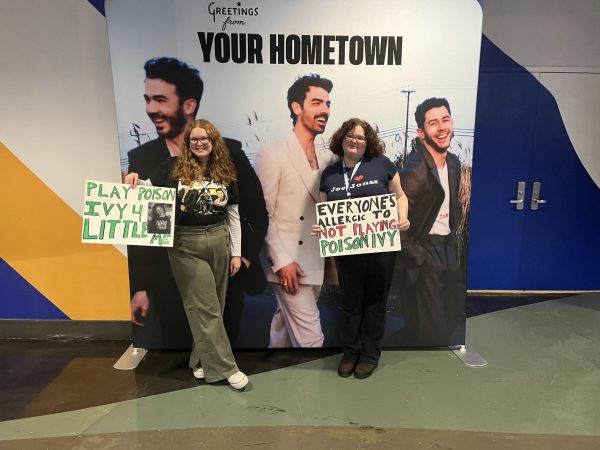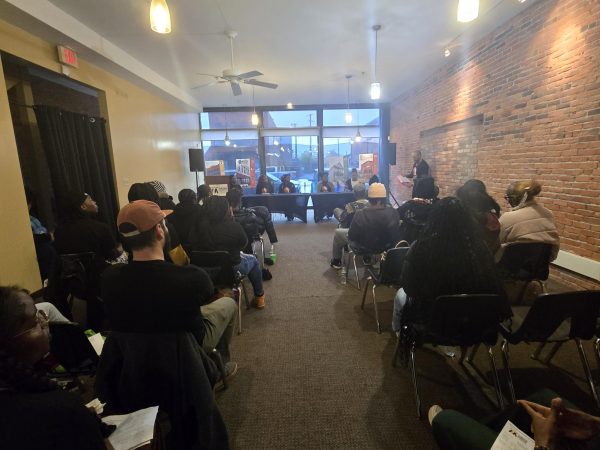Ad campaigns beauty standards are full of zit
It’s a typical night in the office. I’m listening to some music via YouTube because apparently I still live in the year 2009 and have YouTube playlists. I click on one of my favorite Incubus songs, and up pops an ad.
Big deal, I think, and click off of it. It’s some ad for Clean & Clear face wash. The girl shilling for them isn’t all that memorable until the last few seconds of the spot, where she says, “I don’t want them to think of me as ‘the girl with the zit.’ I want them to think of me as me.”
Right. Because in 23 years on Earth, I’ve looked at a random person and characterized them solely by the little random whitehead on their chin, or forehead, or cheek.
Is it too much to ask that we stop marketing to people’s insecurities and start treating them as, I don’t know, people?
It’s bad enough we have entire industries devoted to making people (usually women) feel like fat, ugly, useless douchebags without their products. In 2012, announced revenues for the diet industry were at $61.6 billion, according to PRweb.com. The Huffington Post reported that women in the U.S. spend over $426 billion a year on beauty products. When a magazine pledges not to use Photoshop on its models in photos, it’s touted as a virtuous feat, not the simple, ethical thing to do. And this doesn’t register with us — we buy right in.
These are industries that make you worry about that stray line in the corner of your eye at 18, or the fact that you can’t fit into clothes designed and sewn for people who don’t exist. There are ads damning fat as “unhealthy and unattractive,” teaching people to fear aging, to want thigh gaps, to think everyone is going to think of you in terms of when puberty or stress rear their ugly heads and wreak havoc on your face.
There is no emphasis on kindness, intelligence, or morality — just judgment.
Makeup and other beauty products are not the enemy — in fact, I use them often. They’re great for dolling you up and making you look different, sometimes better, for a while — and if you feel better with a face full of them, that’s cool. But there’s something sickening about the way ads make people feel so awful about the little things about themselves, then tout their products as the solution to their problems. As if clear skin can offset student loan debt, or a skinny body can cure depression and anxiety. Spare me.
We should always think of people as human beings, not just when they don’t have any blemishes or are the right body type. And, marketing and advertising people at Johnson & Johnson (Clean & Clear’s parent company), I’ve got news for you: we generally do. I don’t need to use your product to worry if my friends or strangers are going to secretly judge my pores, because who would? That’s creepy. I’m sure you would sell just as many bottles of face wash if you didn’t act like one zit is the end of the world. Tell your target audience to focus on more important things.
Email: rodriguez.record@live.com
Twitter: @A_Rodriguez39










